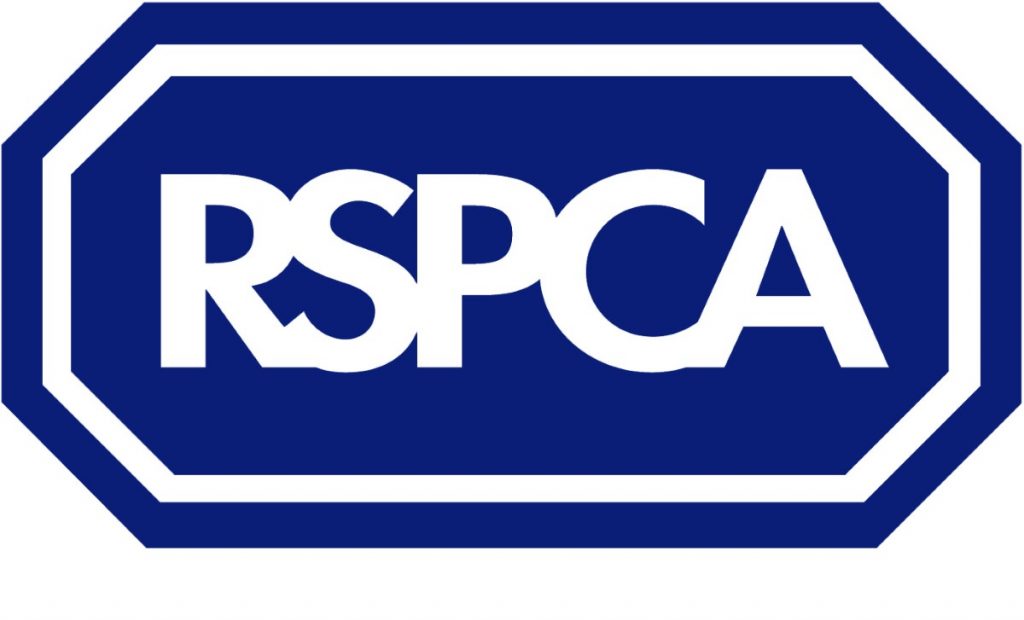RSPCA: Calls to RSPCA about overheated pets soar in the current hot spell
The last six days of sunny weather have led to a large increase in the number of calls the RSPCA gets about pets suffering in the heat.
Since Friday July 20 our national call centre has taken a total of 607 calls about animals in distress because of the rise in temperatures. More than half of those (324) were about one dog or several meaning that a total of 438 dogs were at risk.
This compares with a total of 1641 calls in July last year and means that in those six days we have dealt with more than a third of the 2011 total and the calls keep coming in.
The majority have been about dogs left in cars. Others relate to animals left in gardens without any shelter or conservatories without adequate ventilation and a lack of drinking water.
The temperature inside a vehicle can soar to 47 degrees Celsius within an hour when the outside temperature is just 22 degrees Celsius.
A caller in Bath rang, concerned about a rabbit in a south-facing garden which had no shade and another caller rang about 2 dogs panting heavily in a car parked in full sunlight on a street in Exeter.
The RSPCA’s Director of Communications, David Bowles, said: “This hot weather may not last long but people must be vigilant about their animals.
“Things can go wrong very quickly and it’s not just inside that you have to be careful – dogs and other smaller pets kept in the garden must have adequate shade and access to clean drinking water.”
All too often owners make the mistake of thinking that it is sufficient to leave a bowl of water or a window open for their pet, but this is not enough to protect them from heatstroke which can be fatal.
The most obvious signs of heat stroke in animals are heavy panting and a lack of co-ordination, reluctance or inability to rise after collapsing.
If you suspect your animal is suffering from heatstroke, move it to a cooler spot straight away before ringing your vet for advice immediately.
-ends-
Notes
Key points:
— All dogs will suffer, but some dogs are more prone to heatstroke. For example, dogs that are old, young, short nosed, long-haired, overweight or heavily muscled are more at risk, as well as dogs with certain diseases.
— Cloud cover can disappear quickly.
— Temperatures in air conditioned cars can reach the same temperature as outside within just five minutes of the air conditioning being turned off.
The most obvious sign of heat stroke in dogs is excessive panting and profuse salivation. Other signs include:
— Overly red or purple gums
— A rapid pulse
— Lack of co-ordination, reluctance or inability to rise after collapsing, seizures, vomiting or diarrhoea
Heat stroke can result in coma or death in extreme instances.
RSPCA, Wilberforce Way, Southwater, Horsham, West Sussex RH13 9RS
Press office direct lines: 0300 123 0244/0288 Fax: 0303 123 0099
Duty press officer (evenings and weekends) Tel 08448 222888 and ask for pager number 828825
Email: press@rspca.org.uk Website: www.rspca.org.uk
Want to raise money for the RSPCA every time you talk? Rabbit on with RSPCA Mobile! http://www.rspcamobile.co.uk/





-01.png)